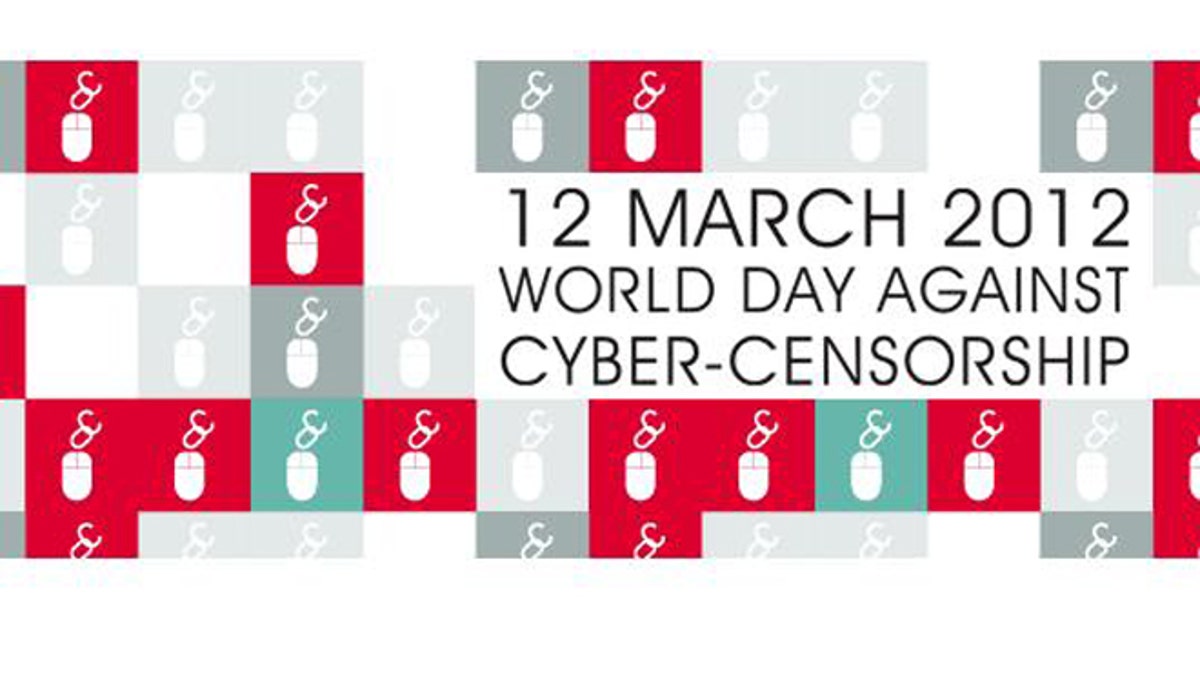
A report from the watchdog group Reporters Without Borders named the Internet's greatest enemies, a day ahead of a worldwide censorship protest. (Reporters Without Borders)
Global media watchdog group Reporters Without Borders on Monday released its “Enemies of the Internet” list for 2012.
The list is comprised of nations it feels inhibit its citizens’ freedom to express themselves on, or even denies access to, the Internet. Reporters Without Borders’s report focuses a great deal on countries that have reportedly blocked access to social networks and microblogging services in an effort to impede the efforts of activists as they tried to organize fellow citizens. It also updated its “under surveillance” list, which covers countries that may soon be added to the enemies list. Read on for more.
“Online social networks complicate matters for authoritarian regimes that are trying to suppress unwanted news and information,” Reporters Without Borders wrote in its report. ”It was thanks to netizens that Tunisians learned about the street vendor who set himself on fire in Sidi Bouzid and Egyptians learned about Khaled Said, the young netizen who was beaten to death by police outside an Alexandria Internet café. It was thanks to social networks that Sidi Bouzid and Khaled Said became news stories and went on to become cornerstones of the Arab Spring.”
The group points to microblogging services and social networks like Twitter as a means of quickly disseminating information and even organizing against oppressive regimes. In combination with the advent of other recent technologies such as mobile phone-based to video broadcasting, the group says these services are “increasing the possibilities of freeing information from its straightjacket.”
“The mixing of journalism and activism has been accentuated in extreme situations such as Syria, where ordinary citizens, appalled by the bloodshed, are systematically gathering information for dissemination abroad, especially by the international news media, so the outside world knows about the scale of the brutal crackdown taking place,” the group wrote.
New to the “Enemies of the Internet” list this year are Bahrain and a number of other countries, which join the likes of North Korea and China. Egypt, Malaysia, Australia and France find themselves on the group’s ”under surveillance” list, Australia for working with ISPs to create a mechanism for censoring certain online content, and France for filtering Web content and maintaining its “three-strikes” policy, which cuts off Internet access to people found to be downloading copyrighted content illegally three times. Libya was removed from the list following the fall of Moammar Gadhafi.
Reporters Without Borders’s full report can be viewed on the organization’s website.
This content was originally published on BGR.com
More news from BGR:
- Piratebox offline file-sharing solution puts pirates out of reach
- New iPhone with 4G LTE launching later this year?
- Apple's upcoming streaming TV service tipped by CBS CEO








































